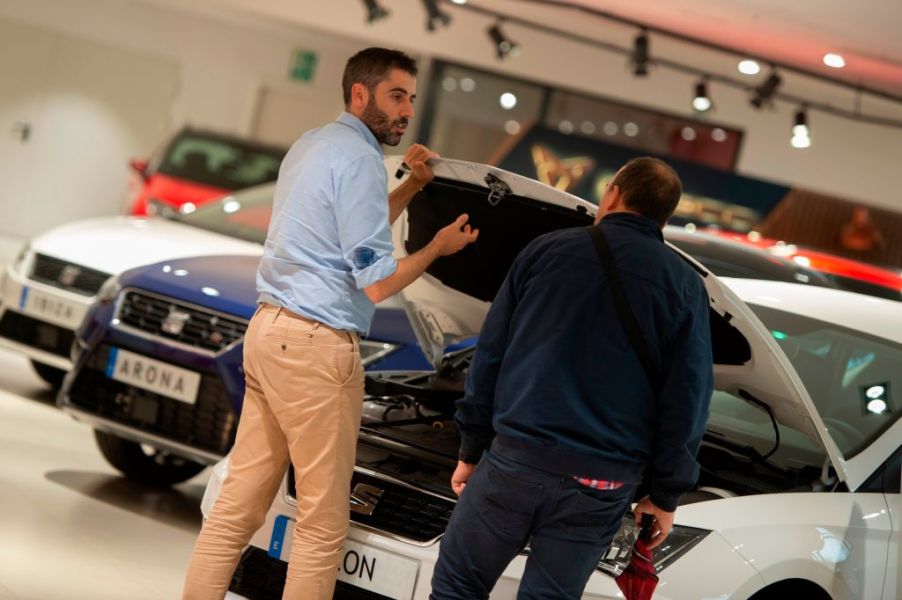
The Truth About Car Sales
With car sales at an all-time low around the country and many car salespeople currently without jobs, I figured it would be a good time to tell you the truth about selling cars. Over the years, there have been many stories published around the web, and even on Motorbiscuit, detailing the “lies” and “tricks” that dealerships use to make money. However, that’s not really the case.
My personal experience
I sold new and pre-owned cars for over four years and worked at different dealerships in both the consumer car and luxury segments. I spent time at four different stores and I can honestly tell you that each one ran the same way and just like any other business in America, they were out to make a profit.
No, they weren’t out to make a profit just so that the managers and employees can wear fancy jewelry and buy fancy suits, they needed to make money to keep the lights on, the dealership running, and the employees paid. Again, just like any other business, a dealership has to make money in order to stay alive.

Being a salesperson is a tough gig. Not because of the “quota” that everyone thinks we have, but the pressure just to sell a car to make a decent paycheck. Many people like to think that car salespeople make a lot of money, and don’t get me wrong, some do, but not everyone. In fact, as a salesperson, you typically earn minimum wage if you don’t sell anything, but if you do, then your commissions get calculated in a certain way and that’s what you take home.
It’s a different pay plan for every dealership and every state, but typically the same process: If you don’t sell, you make less than a fast-food employee, and if you do sell, the sky is the limit. Unfortunately, most of our days were spent waiting around for the next potential customer to walk in the door and hopefully show some interest in buying a car. Most of the time, we would just do a test drive, answer questions, and then never hear from them again. And yet, we were the bad guys.
The Internet
Before the turn of the century, the Internet wasn’t as prevalent, which meant that car shopping was much harder. Finding the best deal meant scouring the newspaper ads (remember those?) that dealerships put out and then calling them or showing up in person to take advantage of it. The problem was, with such little information for car shoppers to go on, they usually were the ones getting taken advantage of. Hence, the lasting “car salesman” stigma.
As the years went on, the Internet got more popular and car shopping got a lot easier (thanks to various resources like Kelley Blue Book, Edmunds, etc.). Nowadays, consumers can be armed and ready to get the best price and even know more about the car their shopping for than the salesperson does. Ultimately, I hope that any current prospective car buyers know that the power is your hands, especially at this time.

The current situation
With the novel coronavirus currently sweeping its way through the U.S. and everyone having to stay at home, most dealerships have been forced to close their doors in the meantime. This means that those “scuzzy salespeople” aren’t getting paid and cars are just sitting on the lots, hoping to one day find a new home.
For the dealerships that haven’t closed up shop, they’re allowing online sales to take place, which means that a good deal can still be had if you do your research ahead of time and ask the salesperson as many questions as you can.
Just remember, they need to put food on the table as much as you do. So if you’re currently in the market for a vehicle, don’t be afraid to reach out to your local dealership during these uncertain times. Buying a car can help more than just you and your family.



